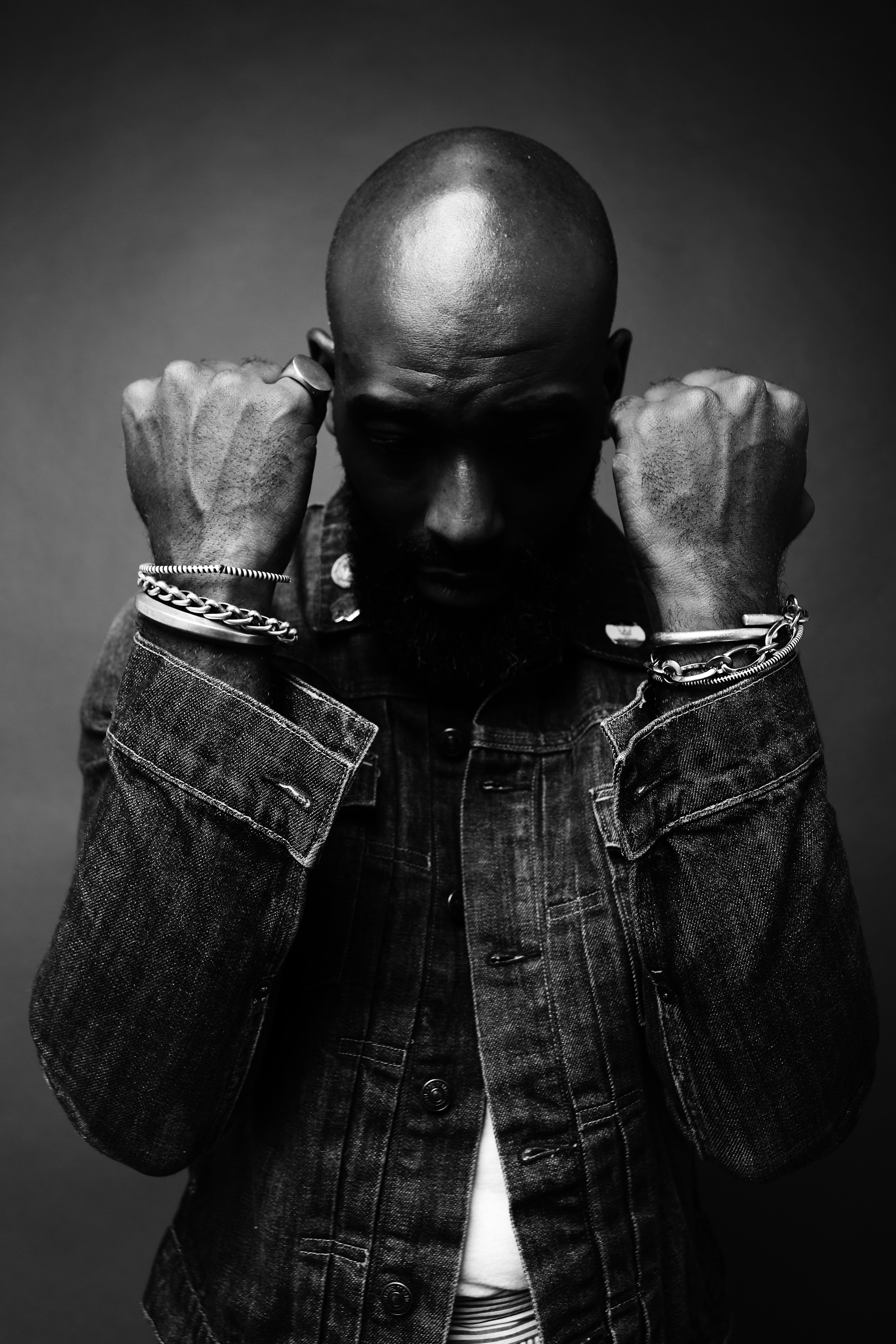And in that day will I make Jerusalem a burdensome stone for all people: all that burden themselves with it shall be cut in pieces, though all the people of the earth be gathered together against it. Zechariah 12:2-3
And there came one of the seven angels which had the seven vials, and talked with me, saying unto me, Come hither; I will shew unto thee the judgment of the great whore that sitteth upon many waters:
With whom the kings of the earth have committed fornication, and the inhabitants of the earth have been made drunk with the wine of her fornication.
So he carried me away in the spirit into the wilderness: and I saw a woman sit upon a scarlet coloured beast, full of names of blasphemy, having seven heads and ten horns.
And the woman was arrayed in purple and scarlet colour, and decked with gold and precious stones and pearls, having a golden cup in her hand full of abominations and filthiness of her fornication:
And upon her forehead was a name written, Mystery, Babylon The Great, The Mother Of Harlots And Abominations Of The Earth...
...And here is the mind which hath wisdom. The seven heads are seven mountains, on which the woman sitteth. Revelation 17:1-5, 9
On December 30, 1993, the government of Israel and the Vatican signed, in Jerusalem, the Fundamental Agreement Between the Holy See and the State of Israel, establishing full diplomatic relations between them. Included in the agreement were:
PreambleThe view of Israel's Ministry of Foreign Affairs on Israeli-Vatican relations from 1993 on is:
The Holy See and the State of Israel,
Mindful of the singular character and universal significance of the Holy Land;
Aware of the unique nature of the relationship between the Catholic Church and the Jewish people, and of the historic process of reconciliation and growth in mutual understanding and friendship between Catholics and Jews;
Having decided on 29 July 1992 to establish a "Bilateral Permanent Working Commission", in order to study and define together issues of common interest, and in view of normalizing their relations;
Recognizing that the work of the aforementioned Commission has produced sufficient material for a first and Fundamental Agreement;
Realizing that such Agreement will provide a sound and lasting basis for the continued development of their present and future relations and for the furtherance of the Commission's task,
Agree upon the following Articles:
Article 1
§ 1. The State of Israel, recalling its Declaration of Independence, affirms its continuing commitment to uphold and observe the human right to freedom of religion and conscience, as set forth in the Universal Declaration of Human Rights and in other international instruments to which it is a party.
§ 2. The Holy See, recalling the Declaration on Religious Freedom of the Second Vatican Ecumenical Council, Dignitatis humanae, affirms the Catholic Church's commitment to uphold the human right to freedom of religion and conscience, as set forth in the Universal Declaration of Hu-man Rights and in other international instruments to which it is a party. The Holy See wishes to affirm as well the Catholic Church's respect for other religions and their followers as solemnly stated by the Second Vatican Ecumenical Council in its Declaration on the Relation of the Church to Non-Christian Religions, Nostra aetate.
Article 2
§ 1. The Holy See and the State of Israel are committed to appropriate cooperation in combatting all forms of antisemitism and all kinds of racism and of religious intolerance, and in promoting mutual understanding among nations, tolerance among communities and respect for human life and dignity.
§ 2. The Holy See takes this occasion to reiterate its condemnation of hatred, persecution and all other manifestations of antisemitism directed against the Jewish people and individual Jews anywhere, at any time and by anyone. In particular, the Holy See deplores attacks on Jews and desecration of Jewish synagogues and cemeteries, acts which offend the memory of the victims of the Holocaust, especially when they occur in the same places which witnessed it.
Article 11
§ 1. The Holy See and the State of Israel declare their respective commitment to the promotion of the peaceful resolution of conflicts among States and nations, excluding violence and terror from international life.
§ 2. The Holy See, while maintaining in every case the right to exercise its moral and spiritual teaching-office, deems it opportune to recall that, owing to its own character, it is solemnly committed to remaining a stranger to all merely temporal conflicts, which principle applies specifically to disputed territories and unsettled borders...
...
Article 12
The Holy See and the State of Israel will continue to negotiate in good faith in pursuance of the Agenda agreed upon in Jerusalem, on 15 July 1992, and confirmed at the Vatican, on 29 July 1992; likewise on issues arising from Articles of the present Agreement, as well as on other issues bilaterally agreed upon as objects of negotiation.
3. 1993 and onwards - de jure recognitionIt should be kept in mind that the Roman Catholic Church officially teaches replacement theology, with the Roman Catholic Church as the new Israel. According to Dogmatic Constitution on the Church: Lumen Gentium, Solemnly Promulgated by His Holiness Pope Paul VI on November 21, 1964 (from Chapter II: The People of God):
A year and a half of complicated negotiations culminated with the signing of the Fundamental Agreement between the Holy See and the State of Israel on 30 December 1993. Then, in accordance with the Additional Protocol to the Fundamental Agreement, fully accredited ambassadors were exchanged in May 1994. More in the nature of a framework agreement, the Fundamental Agreement opened the way for the establishment of juridical and fiscal subcommissions to deal with an array of substantive matters that were consciously left outstanding. Adding an unusual dimension, the Agreement acknowledged the unique nature of the relationship between the Church and the Jewish People and reiterated the Church's condemnation of anti-Semitism in all its forms, as voiced in Nostra Aetate.
Since that point in time, Israel and the Holy See have maintained a close diplomatic relationship - which has not been without its periods of strain and even crisis. The deliberations of the juridical sub-committee were concluded relatively quickly with a supplementary agreement signed on 10 December 1997, in which Israel recognised the juridical personality and the authority of canon law within the Catholic Church and its institutions, as well as those of the Latin Patriarchate of Jerusalem and of the Eastern Catholic Patriarchates and their respective dioceses in the territory of Israel, while for their part those ecclesiastical entities recognised prevailing Israeli law in civil and criminal matters. On the other hand, the work of the fiscal sub-committee is still unfinished, due to serious difficulties in bridging the principled positions of the two sides and, from Israel’s point of view, because of the potential fiscal and material implications of any special privileges that may be granted to the Catholic Church for other Christian and non-Christian groups in the country.
A high point in the relationship was reached when Pope John Paul made his Pilgrimage to the Holy Land in the Jubilee Year of 2000. Whilst the religious nature of the visit was pre-eminent, the political aspects could not be ignored - as, for example, when John Paul called on the President of Israel and when he met with the Prime Minister and members of his Cabinet.
High hopes in Israel of a closer political-diplomatic relationship with the Vatican in the wake of that visit were dashed with the outbreak of the second "intifada" in September 2000. Critical of Israel's military response to the Palestinian uprising and of the inevitable halt in the peace process, the Vatican put its diplomatic relationship with Israel on a chilly hold. Mindful, however, not to cause a complete hiatus, the Vatican put greater emphasis on the Jewish-Catholic dimension of the relationship. A number of initiatives were encouraged, including the launching of a remarkable dialogue between the Holy See and the Chief Rabbinate of Israel in 2003, which still goes on productively today.
Strains of a different kind were put on the relationship in 1998 when Muslims in Nazareth sought to build a large mosque adjacent to the Church of the Annunciation with, it was thought, tacit agreement from political elements in Israel. This problem, directly involving a Catholic Holy Place, was only resolved in January 2002 when a governmental committee advanced a landscaping plan effectively putting an end to the building of the mosque. As against that, the diplomatic relations proved their strength and value when the Vatican and Israel worked closely and discreetly to help find a solution to the difficult situation created in April 2002 when armed Palestinian gunmen took control of another Holy Place, the Church of the Nativity in Bethlehem, and trapped inside it numbers of clerics (Catholics, Armenians and Greek Orthodox) as well as unarmed Palestinian civilians.
For the most part, the relationship proceeds on an even keel. Ministerial visits to the Holy See are frequent and too numerous to count. The first President of Israel to be received by the Pope was President Moshe Katsav in December 2002. On a day-to-day basis, the Israel Embassy to the Holy See seeks to keep the Vatican informed of official policies on current issues, while the Vatican's Embassy in Jaffa sees to its manifold property and other interests in Israel. Both sides seek avenues to broaden cultural, educational, academic and inter-religious cooperation and understanding. And mundane matters, such as visa problems and the entry into Israel of Catholic clergy from Arab lands not at peace with Israel, are dealt with routinely.
Israel and the Vatican attach particular importance to this diplomatic relationship. In many ways, it is a unique relationship, infused with centuries of Catholic-Jewish encounters, and encompassing interests that both sides regard as paramount. The relationship can therefore be expected to remain solid and vibrant, and to weather the occasional strain that will inevitably recur.
Israel according to the flesh, which wandered as an exile in the desert, was already called the Church of God (2 Esd. 13:1; cf. Num. 20:4; Deut. 23:1 ff.). So likewise the new Israel which while living in this present age goes in search of a future and abiding city (cf. Heb. 13:14) is called the Church of Christ (cf. Matt. 16:18).
We know from scripture that the last chapters on Israel and the Roman Catholic Church have yet to be enacted. Those who are interested in the future of Israel and Jerusalem would do well to read and heed such passages as Daniel chapters 8 and 9; Ezekiel chapters 38-48; Joel chapters 2 and 3; Zechariah 12; Matthew 24/Mark 13/Luke 21; and Revelation chapters 6-21.



.JPG)


































